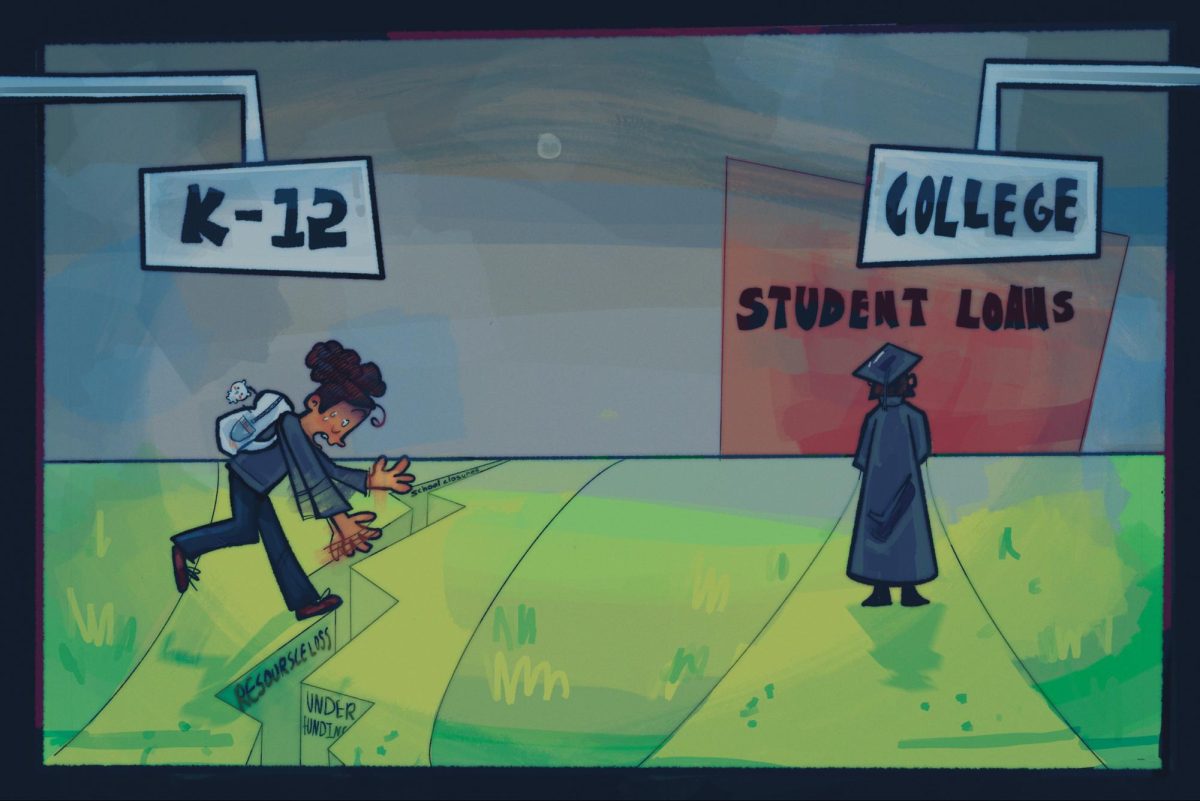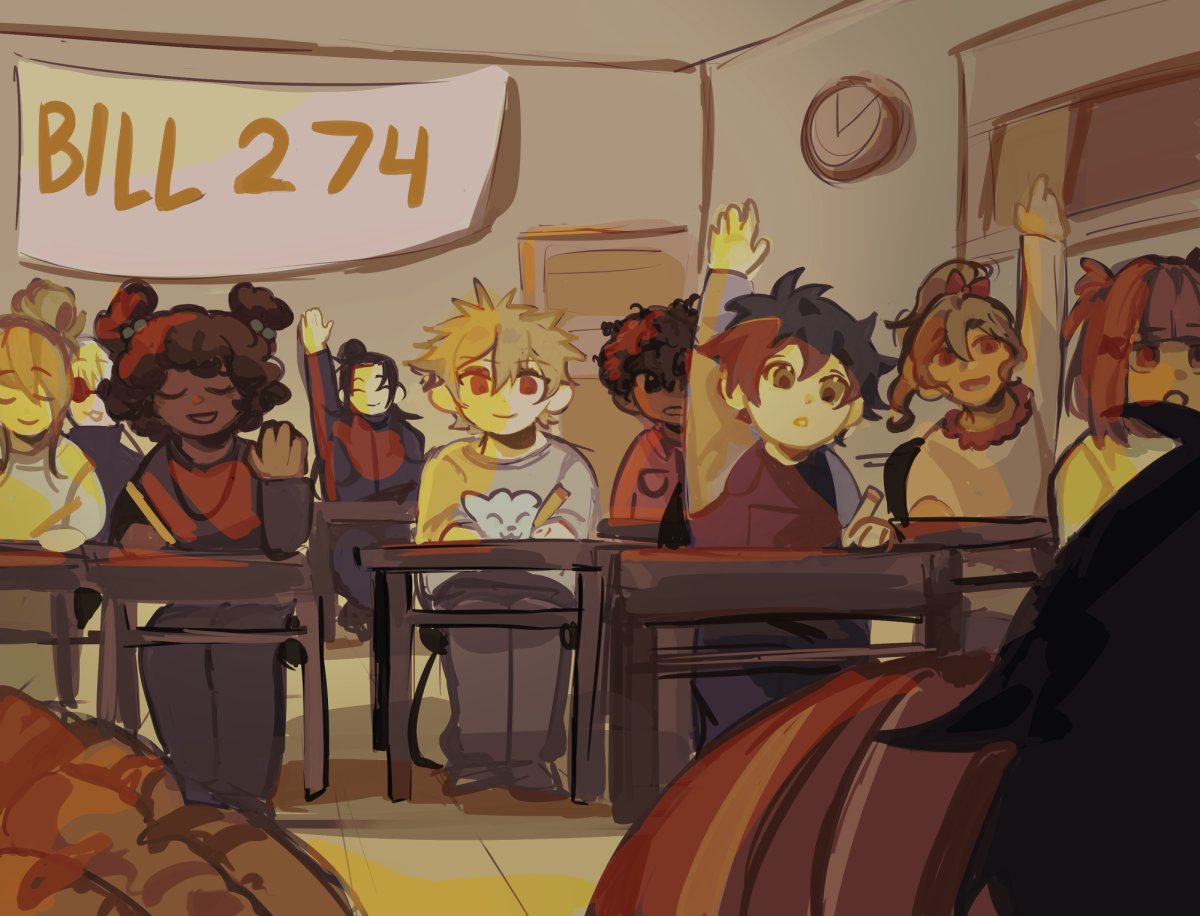Our education laws are designed with good intentions: to prepare students to become contributing citizens ready to take on the world in stride. However, recent research and activism have uncovered the necessity of revisions to our policies. Beginning this July, SB 274 banned California schools from suspending students for willful defiance of school staff. This is a step in the right direction, and schools nationwide should follow California’s example and replace punitive policies with expanded restorative practices.
The California Education Code defines willful defiance as “disrupting school activities or otherwise willfully defying the valid authority of school staff.” At first glance, it seems reasonable to consider suspension for actions labeled as “defiance,” as defiance appears severe and essential to address in a school context.
If the goal is effective deterrence, however, suspension fails miserably. In 2019, the United States Commission on Civil Rights found that “zero tolerance policies,” which allow suspension for willful defiance and other nonviolent offenses, are “ineffective in fostering a safe and healthy school environment.”
According to a testimony by Anurima Bhargava, former Chief of Educational Opportunities at the U.S. Department of Justice, such practices only dampen classroom engagement and relationships, setting students back academically and socially and putting them at higher risk of being placed in juvenile detention.
The same report found that these disciplinary measures disproportionately impact students who already face inequities or students of other marginalized groups, increasing the likelihood of juvenile incarceration—a cycle known as the school-to-prison pipeline.
According to the National Education Association, suspensions contribute to student dropouts more than poverty, negatively affecting education, relationships and social mobility. The UCLA Civil Rights Project in 2017 found that for every 11 days of school lost in suspension for white students, African American students lost 43. The same trend applies to other marginalized students, such as the LGBTQ+ or disabled communities.
Student behavior problems are not the fault of teachers, counselors and administrators. Repeated budget cuts to education over the past few decades have reduced their ability to provide counseling and behavioral support for students who need interventions.
The consequences of inadequate one-on-one support and zero-tolerance policies have been devastating; school systems suspend more students now than in the 1970s, which is especially concerning in the face of catastrophic learning losses during the pandemic.
Education leaders should eliminate harmful zero-tolerance policies and instead advocate for additional funding to allow for better behavioral interventions. Schools should shift from punitive to evidence-based restorative justice approaches focused on repairing harm and restoring relationships. They should also invest in staff professional development, including training in building supportive classroom environments.
Commendably, IUSD has adopted many of these recommendations, including embracing a tiered system of responses to student behavior problems that incorporates Positive Behavior Incentive Systems and restorative justice practices while emphasizing relationship-building within the community to promote accountability.
Too often, the education system impedes the success of those who need it most. By shifting from a punitive to a restorative mindset in addressing student behavior concerns, we can reform our systems to dismantle barriers to equity and success and create an environment where we can all thrive. Let’s get it done.





















































